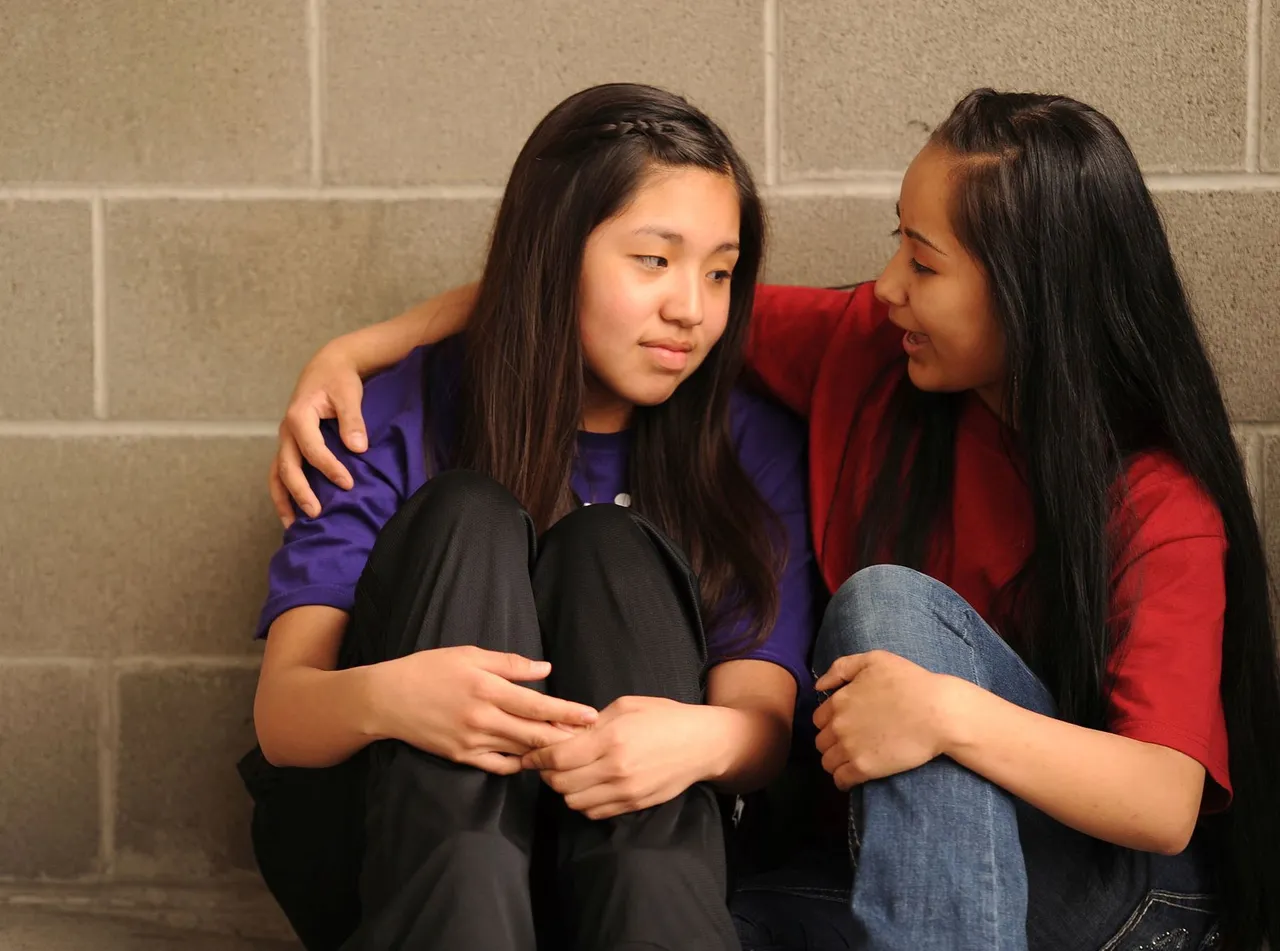
Like with NVC, the heart of PE is empathy. For those who care about credentials: My opinions here are based primarily on the following factors:
(1) Over sixteen years of practice.
(2) Facilitated over 500 free “Emotional Intelligence Play Group” meetings since May 2015.
(3) Years of watching how this practice has changed people in my classes and groups.
Following are some benefits from practicing “practical empathy”:
Self-knowing. You level up your skill at identifying your own values, feelings, and needs. This leads to a greater understanding of self, which is the key to understanding others. This is at the heart of Emotional Intelligence (EQ). Why? For many reasons. You may have heard some version of the following: “Acceptance of self leads to acceptance of others.” Which segues perfectly to…
Acceptance. You are practicing accepting your own feelings and needs. This leads to easier acceptance of the feelings and actions of others who have different values! This leads to more harmony in your life. You will see in many parts of this book where various PE practices increase acceptance. Important note: Acceptance is not necessarily agreement. More on that later.
Authenticity and courage. This leads to increased trust, deeper interactions, stronger connections, better sex, and getting more of what you want in life. How? On one end of the spectrum is the idea “If a conflict arises, I can fix it.” On the other end, there is a more subconscious and integrated authenticity coming from decreased evaluation. For example, if I’m basing my communication more on my values than on what I think people want to hear, then others will pick up on this, which increases respect and trust.
Winning. You will be “right” more often… until you stop caring as much about being right. Evaluations are the same as pronouncing what I call a “Universal truth”. For example: “You are selfish” is an evaluation (or moral judgement) and the response, "Oh You obviously didn't know I contributed five years of my life building a school in Albania for Kids So Poor They Think “Web” is all about spiders. Those kids love me and would grunt and squeak in harsh disagreement with your evaluations!" There is always another point of view. No person or group of people is qualified to judge you. Only you truly know your own worth.
Curiosity. The more we practice this form of empathy, which is typically a guess - a question, the more we are practicing and growing our natural curiosity. “What is that person feeling and needing?” We are building a habit of curiosity. It becomes part of us. We want to know what is going on inside of others, beyond the pumping blood, cellular activity and chemical activity, and electrical signals. And for the haters, think of the value of “know thy enemy.” You’ll find more about that topic in the chapter called “Why empathize with an enemy?”
Power & Responsibility. You increase your sense of personal responsibility by thinking or saying, "I have a personal distaste for Hermaphroditic Midget Clowns and I accept them." instead of "Wearing Elvis masks with giant blonde wigs, lingerie, and roller skates is wrong because either (a) My caveman genes are speaking to me about reproduction; and/or (b) I was socialized to think so." A byproduct of taking responsibility is that you are increasing your power potential. This is important so I’ll say it again:
A byproduct of taking responsibility is that you are increasing your power potential.
Contribution. Being an example, you contribute to overall peace in the world. People who deeply understand themselves tend to automatically feel compassion for others and are not as easy to dominate! A strong and compassionate nature stands out. People will notice and want this for themselves.
Being in the moment. We can also call this "presence", but we won't because they are slightly different. For example, you can "have presence" yet not "be in the moment". That said, let's talk about how practice of PE can increase your ease with being in the moment. This leads to increased patience. Who doesn’t want more patience?
Letting go.Tending to coincide with acceptance and being in the moment, is a state of peace or harmony where one’s desire to hold on to a person, thing, agenda, or outcome decreases. You may find yourself speaking less and listening more. In some situations where the “old you” may have spoken up with guidance or reassurance, you find yourself either empathizing or merely observing, with no desire to interfere or color the situation with your input.
Lie detection. Given how far reaching this “benefit” of long term practice of empathy can be, I’ve written a chapter on it later in the book.